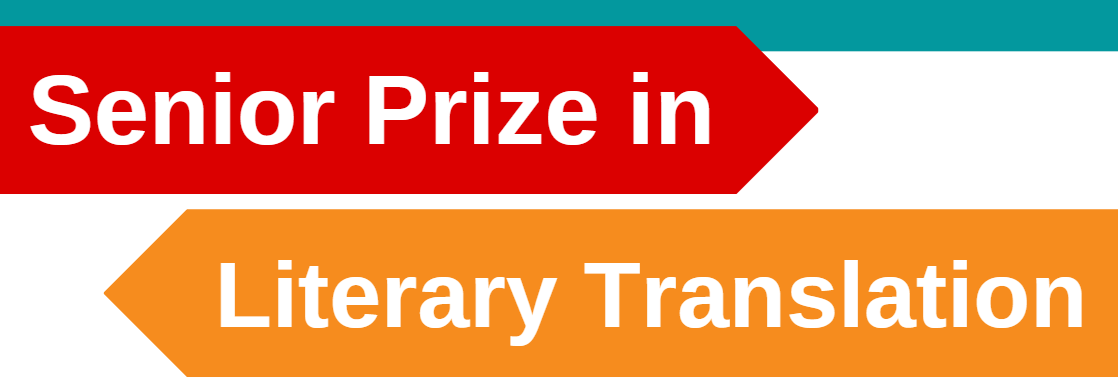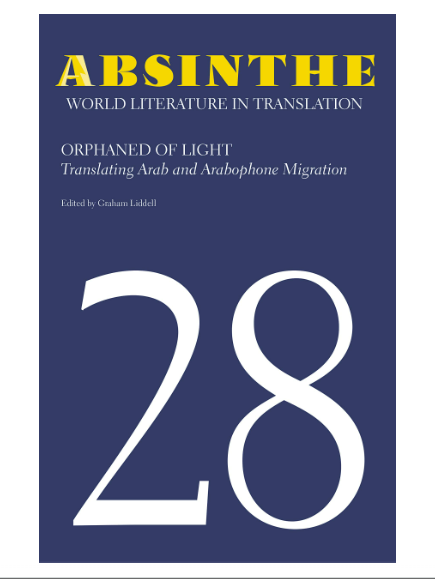The Department of Comparative Literature is pleased to invite graduating seniors in all departments at the University of Michigan to submit entries for our annual prize in literary translation. This prize is open to minors as well as all other students and is intended to encourage undergraduate students to develop projects (through previous coursework or on their own initiative) in translating into English a literary text originally written in another language.
Submissions are due before winter term examinations, and will be judged by a team of faculty members in Comparative Literature. The prize will be awarded before graduation at the end of winter term. The winner will be invited to read at the department’s graduation and awards ceremony on May 3, 2024.
RULES FOR SUBMISSION
1. All seniors graduating in Summer 2023, Fall 2023, or Winter 2024, and affiliated with any department at the University of Michigan, are eligible to submit a translation.
2. Students may choose to translate into English any literary text (or excerpt of a literary text) that was originally written in another language and in any literary genre (e.g. fiction, poetry, drama, creative nonfiction).
3. A submission should consist of your translation (no more than 10 pages), and a brief translator’s preface (no more than 5 pages) that introduces the text and author you have chosen and explains your method of translation. If you have worked significantly with previously available translations, glosses, or commentaries, please note these in your translator’s preface. Make sure your submission references all texts and tools you have used to produce your translation (i.e. other translations you have consulted, translation software you may have used, etc)
4. Your application will contain the following:
- your name, your graduation date, your major(s) and minor(s), and the complete title and author of the text you have translated
- a PDF document without your name that includes your translator’s preface and your translation
- a PDF copy of the text you have translated in its original language
5. Your submission should be submitted no later than 11:59 PM on Tuesday, April 23, 2024.
NOTE: If you are financial aid eligible, please check with the Office of Financial Aid (https://finaid.umich.edu/contact-us/, 734-763-6600) to determine how the prize amount may affect your financial aid package and whether or not you are able to receive additional funding.
Questions? Contact complit.student.services@umich.edu.









